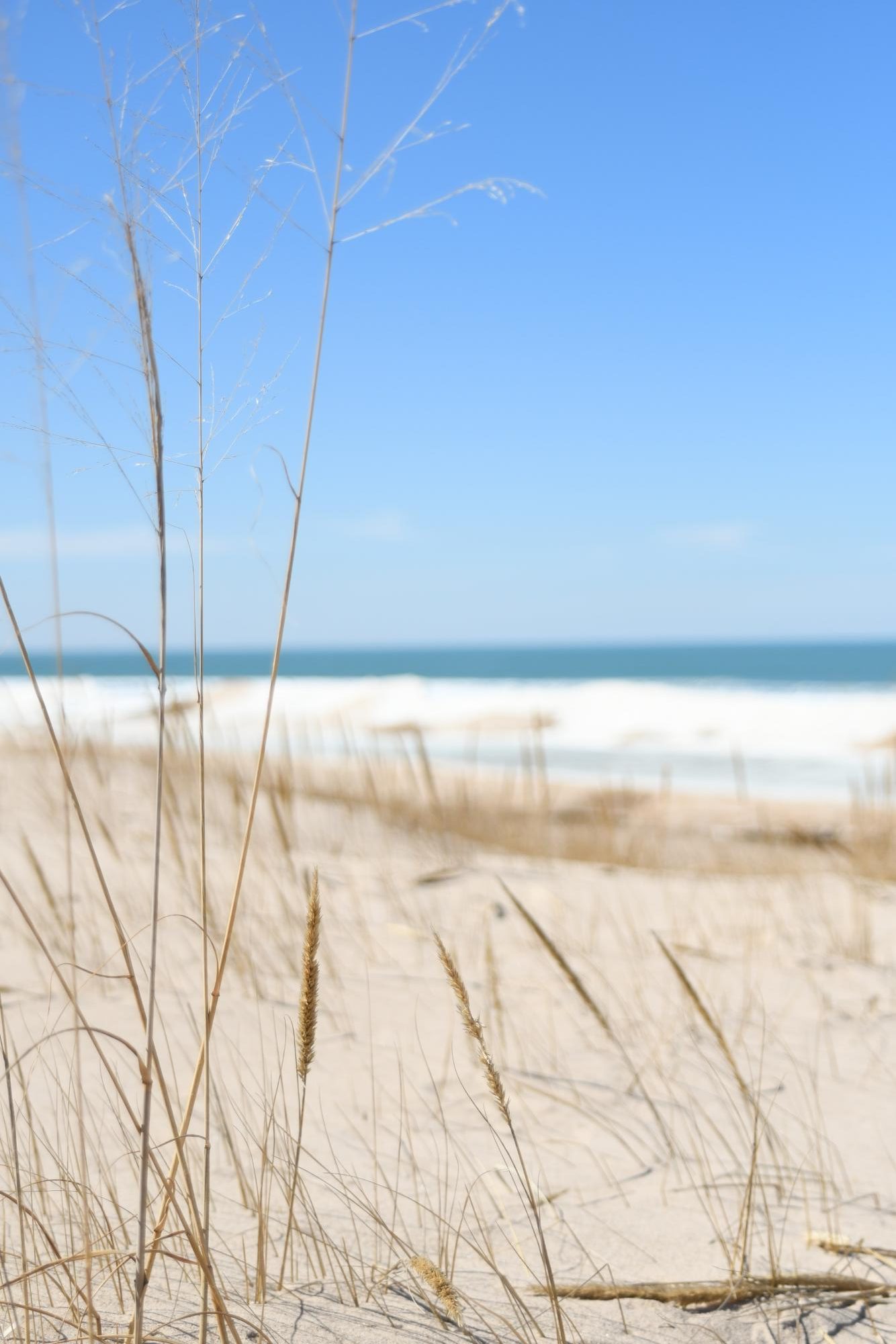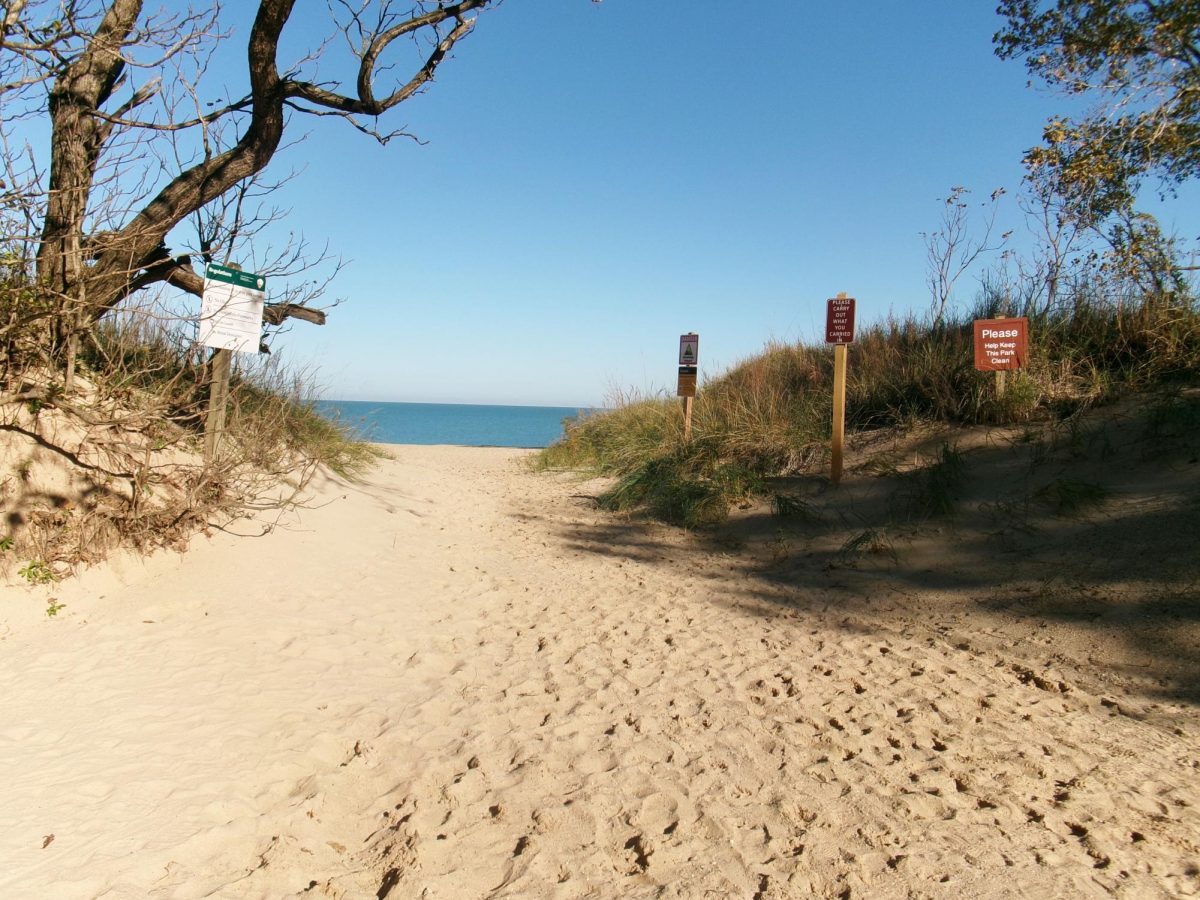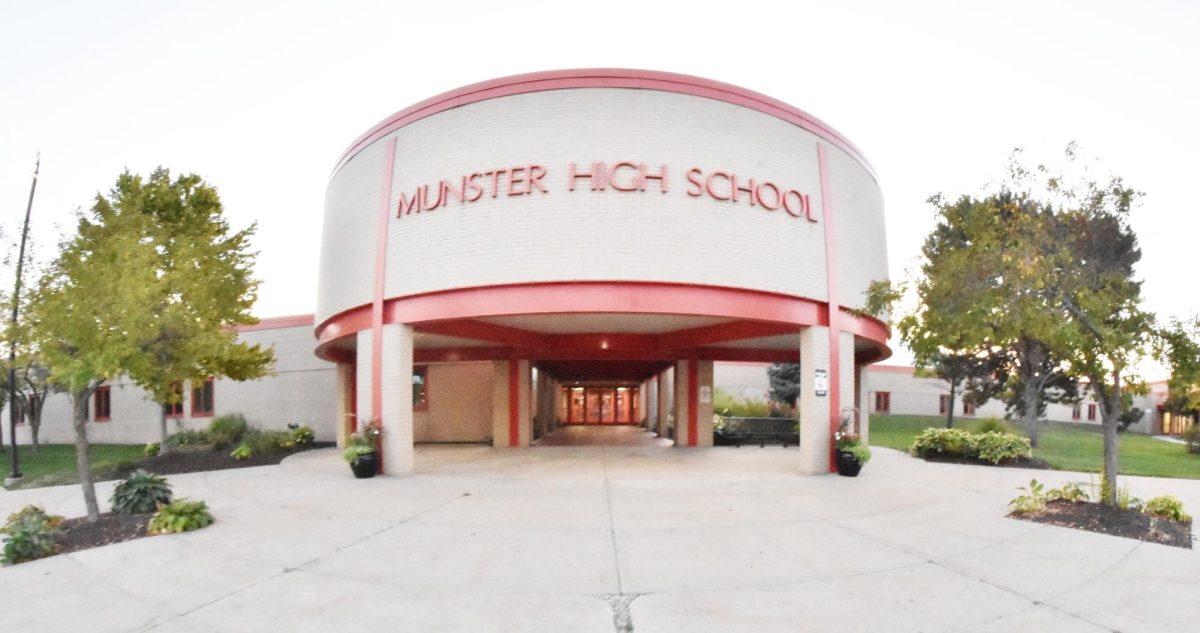About a half an hour away from Munster, the Indiana Dunes National Park raises concern on the maintenance and employees within the park. Recently due to the Trump administration’s reduction to the federal workforce, around a thousand National Park Service employees have been laid off in an effort to reduce financial waste.
Psychology teacher Matthew Kalwasinski, who leads bird walks at the Indiana Dunes, expressed his concern about the state of the park following a decline in the numbers of rangers who work daily to maintain the park. Due to the lack of park garbage collectors, rangers are forced to continuously remove trash. Rangers are also responsible for keeping people and pets on trails. However, invasive species control is the most important job at risk.
“The National Park does a lot of controlled burns, even spraying invasive [species] control. The problem with invasive species is they just take everything over,” Kalwasinski said. “If they’re left unchecked, they’re gonna choke out the native species. So, long term, or even five years, and they go back to where it came from. You’ve lost five years of control. I’ve seen it firsthand.”
Students in Project Bio will still be taking their historical trip to the Everglades over spring break, although Project Bio co-teacher Ashley Taylor-Ebert predicts a decline in rangers available to run the education programs the class usually takes advantage of, or even a decrease in park maintenance. As for the future of the program, it is a lot more uncertain at this time.
“I think we’re going to have to see how the longevity of these plans play out,” Taylor-Ebert said. “We’re going to have to see if these cuts are things that are going to be upheld, or if these cuts are things that are going to be reversed.”
With her love of the environment and the support from her mother, senior Natalie Minyard decided for her last year of high school to take Project Bio. Once in the class, she began to appreciate the dunes more, along with nature in general, than in previous years.
“The cutbacks are disappointing; it shows that we’re not valuing the space that we’re occupying,” Minyard said. “We don’t own the Earth. It’s not ours. We’re just borrowing it. It’s important that we have those places like national parks and we put funding and education towards that, so people understand the Earth is special and we only get one.”
The impacts of these cuts are far-reaching and uncertain. However, for biological enthusiasts such as Minyard, it reads like a bad omen.
“We’re here on this Earth for a limited amount of time, and it’s our job to be caretakers of it for the people that come after us,” Minyard said. “National parks are one of the ways that we take care of the earth and preserve it for the people that are going to be here when we’re not.”












